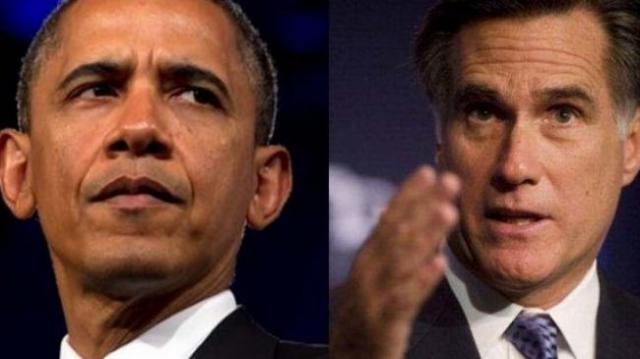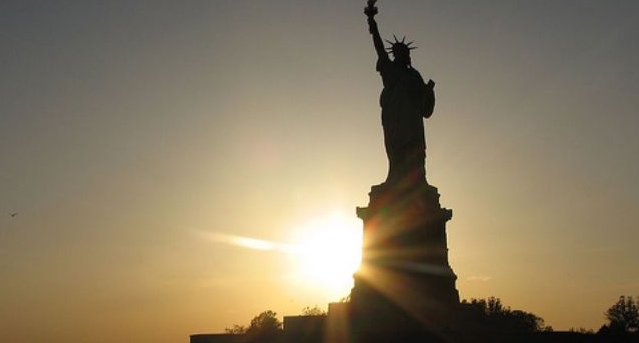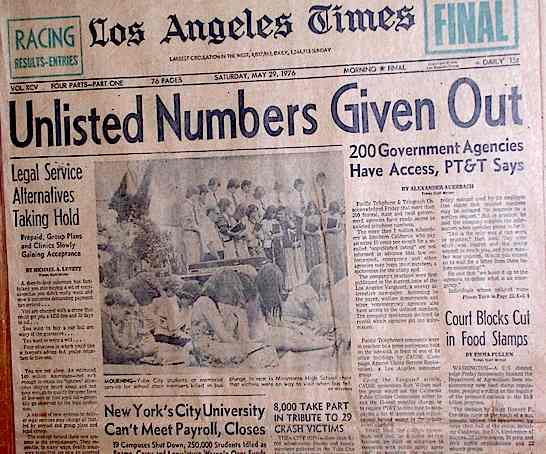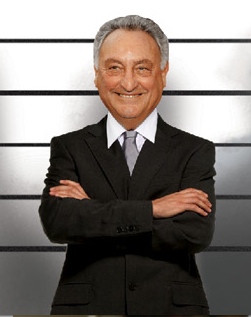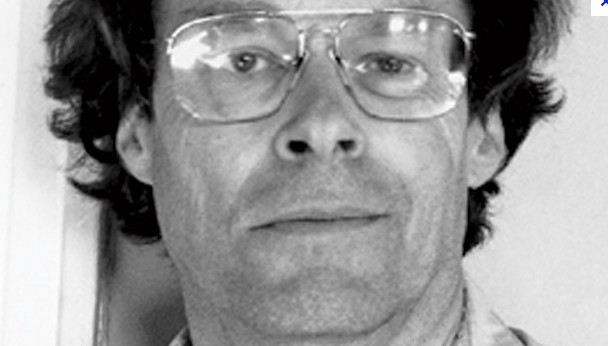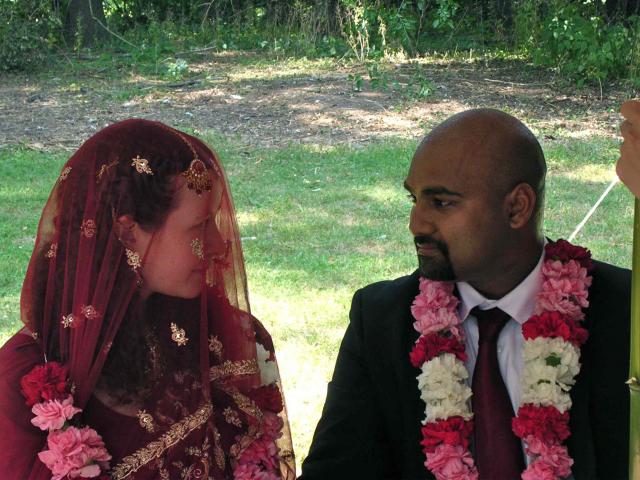A lot of theories have been put forward to try and explain why Romney has allowed his campaign to become bedeviled by charges of tax dodging, but what if what he is hiding is felonious tax fraud?
Okay, so he’s taken the legal option of delaying filing his 2011 taxes, which every taxpayer is entitled to do without penalty and without having to give any explanation until October 15 this year (I agree it’s a little weird when a super-rich guy who pays accountants by the dozen does this, but hey). The nagging question though is why he hasn’t just responded to the demand that he release two years of tax returns like John McCain did in 2008 by simply releasing his 2009 tax filing, along with the 2010 return he already released?
The answer may well be that 2009 was the year that the Treasury Department decided to offer an amnesty from prosecution for tax fraud to any of the tens of thousands of millionaires who were known or suspected to have illegally hidden income abroad in the Cayman Islands or in Swiss banks — a felony, but one that people thought they’d never be caught at.
That year alone, some nearly 30,000 people, many of them no doubt prominent in society, politics and business, and customers of the finest accounting firms, reportedly voluntarily came forward to the IRS to admit that they had hidden some of the estimated $100 billion in income that crooked rich Americans have for years been secreting away in banks overseas. Under the terms of the program, they were able to just report their fraud, pay the taxes, penalties and interest on the money and then walk away scott free, with no charges and with their returns kept confidential by the agency.
That is, unless they decided to run for national office, where the expectation is that they have to release their income tax returns to the media for inspection.
 Did Romney use a 2009 IRS tax amnesty to escape being caught in a giant multi-year tax fraud? The 2009 tax return he won’t release has the answer.
Did Romney use a 2009 IRS tax amnesty to escape being caught in a giant multi-year tax fraud? The 2009 tax return he won’t release has the answer.


